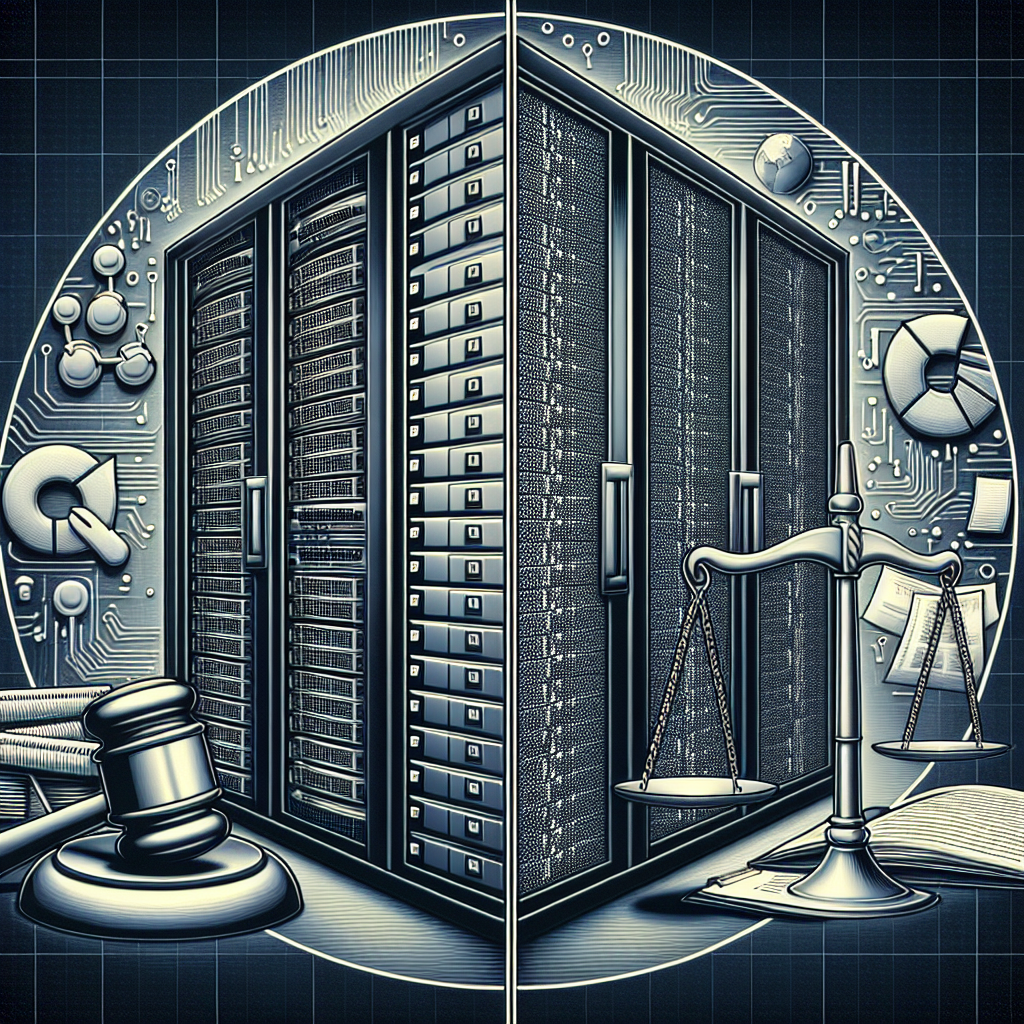In recent years, the rise of big data has had a significant impact on various aspects of society, including public policy. Big data refers to the vast amounts of data generated by digital interactions and transactions, which can be analyzed to reveal patterns, trends, and insights that were previously unattainable. This wealth of information has the potential to revolutionize the way policymakers make decisions, design programs, and allocate resources. In this article, we will explore the influence of big data on public policy and how it is shaping the future of governance.
The Role of Big Data in Public Policy
Big data has the potential to transform the way governments operate and deliver services to citizens. By harnessing the power of data analytics, policymakers can make more informed decisions, identify areas of need, and track the impact of their policies in real-time. Here are some key ways in which big data is influencing public policy:
1. Evidence-Based Decision Making: Traditionally, policymakers have relied on limited data and anecdotal evidence to inform their decisions. With big data, they can now access a wealth of information from a variety of sources, including social media, sensors, and administrative records. This allows them to make decisions based on empirical evidence rather than intuition or political expediency.
2. Predictive Analytics: Big data enables policymakers to forecast future trends and anticipate potential challenges before they arise. By analyzing historical data and using predictive analytics, they can better anticipate the needs of citizens and allocate resources more effectively. For example, predictive analytics can help governments identify areas at high risk of crime or disease outbreaks and take proactive measures to address them.
3. Targeted Interventions: Big data allows policymakers to target interventions more precisely to address specific needs and vulnerabilities within the population. By analyzing data on demographics, social determinants of health, and other factors, they can tailor policies and programs to meet the unique needs of different communities. This can help reduce disparities and improve outcomes for marginalized groups.
4. Real-Time Monitoring: Big data enables policymakers to monitor the impact of their policies in real-time and make adjustments as needed. By collecting and analyzing data on key performance indicators, they can track progress, identify bottlenecks, and measure the effectiveness of different interventions. This allows for more agile and responsive governance, leading to better outcomes for citizens.
Challenges and Ethical Considerations
While big data has the potential to revolutionize public policy, it also presents several challenges and ethical considerations that must be addressed. Some of the key challenges include:
1. Privacy and Data Security: The collection and analysis of big data raise concerns about privacy and data security. Governments must ensure that they are collecting data ethically and in compliance with privacy regulations. They must also take steps to protect the security of sensitive data and prevent unauthorized access or misuse.
2. Bias and Discrimination: Big data can perpetuate existing biases and discrimination if not used carefully. Algorithms used to analyze data may contain biases that lead to unfair outcomes for certain groups. Policymakers must be aware of these risks and take steps to mitigate bias in their decision-making processes.
3. Data Quality and Interpretation: The sheer volume and complexity of big data can make it difficult to ensure data quality and interpret the results accurately. Policymakers must be cautious when interpreting data and be aware of potential limitations and biases in the analysis.
4. Transparency and Accountability: The use of big data in public policy can raise questions about transparency and accountability. Citizens may be concerned about how their data is being used and whether decisions are being made fairly and transparently. Policymakers must be open about their data practices and engage with the public to build trust and accountability.
Frequently Asked Questions
Q: How is big data being used in public policy?
A: Big data is being used in public policy to inform decision-making, predict future trends, target interventions, and monitor the impact of policies in real-time.
Q: What are some examples of how big data is influencing public policy?
A: Some examples include using predictive analytics to forecast crime rates, analyzing social media data to understand public opinions, and monitoring health data to track disease outbreaks.
Q: What are the challenges of using big data in public policy?
A: Challenges include privacy and data security concerns, bias and discrimination risks, data quality and interpretation issues, and transparency and accountability considerations.
Q: How can policymakers address the ethical considerations of using big data in public policy?
A: Policymakers can address ethical considerations by ensuring data privacy and security, mitigating bias and discrimination, ensuring data quality and interpretation, and promoting transparency and accountability.
In conclusion, big data has the potential to revolutionize public policy by providing policymakers with valuable insights and tools to make informed decisions, target interventions, and monitor the impact of their policies. However, it also presents challenges and ethical considerations that must be addressed to ensure its responsible use. By navigating these challenges thoughtfully and ethically, policymakers can harness the power of big data to create more effective and responsive governance for the benefit of all citizens.

